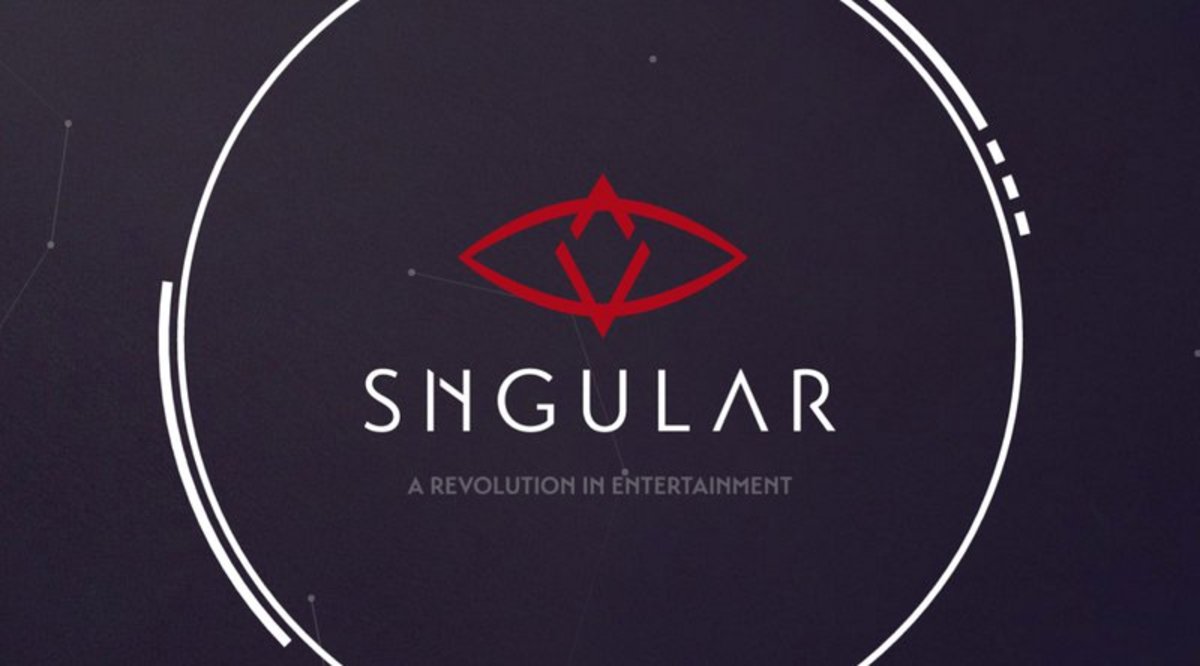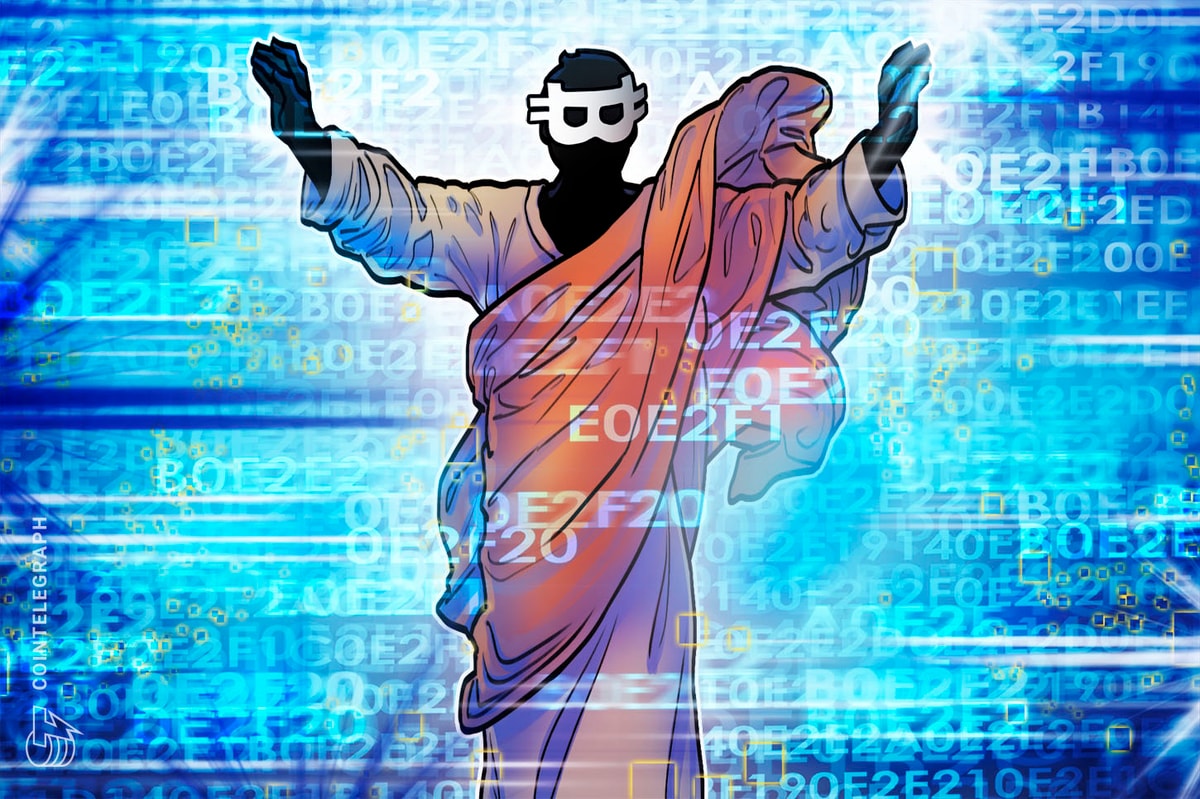
The team behind SingularDTV, a blockchain-based digital content distribution and management platform, is planning the launch of a decentralized system in which artists and digital content creators can build, monetize, protect and manage their creations using the blockchain technology.
Based on the Ethereum network and the ConsenSys venture production studio, SingularDTV relies on a tokenized ecosystem using a local cryptocurrency called SNGLS to help artists and creators benefit from transparent media production and distribution.
Essentially, the SingularDTV platform aims to construct a decentralized entertainment industry in which content creators have complete control over their creations and monetization methods. Its four core divisions — content creation & acquisition, documentary division, rights management platform and TVOD Brand/Portal — allow creators to display, distribute and produce films, television properties and music while protecting their copyrights in one single platform.
The SingularDTV team and its CEO Zach Lebeau believe that the platform will lead to the development of new monetization methods and will eliminate monopolistic distribution that inevitably lessens the profit of artists and filmmakers.
“It [the platform] will give artists control over setting usage policies for their created content and pay them instantaneously when their content is watched, rather than having to participate in the monopolistic and obfuscated distribution machine of the legacy entertainment industry that ends up eating away at their potential profits,” Lebeau told Bitcoin Magazine in an interview.
Joseph Lubin, CTO of SingularDTV, further emphasized that artists and filmmakers will be able to maximize their earnings by eliminating the presence of third-party institutions or mediators like Netflix and YouTube to manage and distribute their content. The platform is gearing towards a consumer-to-creator network in which consumers may access the creator’s works without accessing an external application.
Through the utilization of smart contracts, consumers will be able to make payments according to the indications of each smart contract of the creators.
“A consumer will be able to navigate and catalogue and find something to watch and click on an appropriate usage policy to pay the artist instantly and directly for the content that we’re receiving and using,” said Lubin.
Importance of Ethereum and Local Tokens
Before Ethereum was introduced to the digital currency industry, Lebeau and his team attempted to utilize the Bitcoin network and ecosystem to build the SingularDTV platform. However, Bitcoin’s lack of infrastructure made it difficult for developers to create applications using scalable frameworks.
The Ethereum network, which is primarily based on smart contracts, has since allowed the SingularDTV team to create a decentralized and scalable platform with which they can integrate various applications to handle various operations.
“The Ethereum blockchain represents the best possible potential to achieve the construction of a scalable decentralized entertainment industry. We believe the most innovative and progressive minds in blockchain tech are developing on Ethereum, which gives it long-term viability,” said Lebeau.
More importantly, the Ethereum platform has enabled the SingularDTV team to create a localized token called SNGLS that is programmed with “the terms and conditions of SingularDTV and its intellectual property,” rather than simply using ETH, which is just the gas that fuels the Ethereum blockchain.
“We’re entering into the 'Age of Tokenized Ecosystems',” said Lebeau. “This is the beginning of a next great tech boom where trillions of dollars worth of real world assets will be decentralized and placed onto the blockchain in the coming years. SNGLS tokens are the decentralized representation of SingularDTV intellectual property — our film, TV and software projects. The tokens are the company and represent the CODE structure of SingularDTV.”
Lebeau added that the details of the CODE structure were developed in partnership with ConsenSys and Swiss law firm MME, among the architects of the Ethereum Foundation, with assistance from legal innovator Luka Muller, who is at the forefront of the legal/tax structure for tokenized ecosystems.










